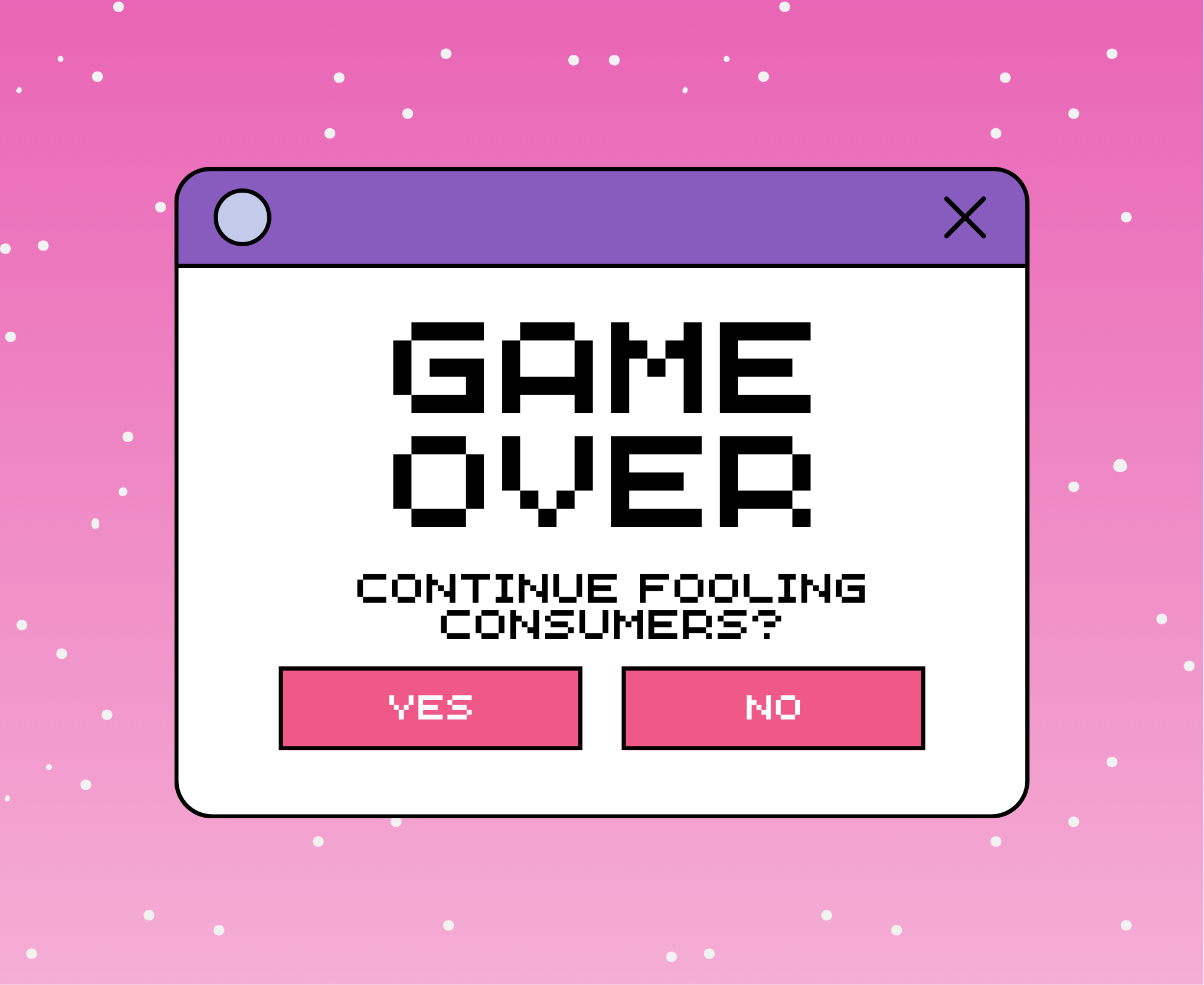The manipulative tactics listed in the article:
- Consumers cannot see the real cost of digital items, leading to overspending: the lack of price transparency of premium in-game currencies and the need to buy extra currency in bundles pushes consumers to spend more. In-game purchases should always be displayed in real money (e.g.: Euro), or at least they should display the equivalence in real-world currency.
- Companies’ claims that gamers prefer in-game premium currencies are wrong: Many consumers find this unnecessary step misleading and prefer buying items directly with real money.
- Consumers are often denied their rights when using premium in-game currencies, tied to unfair terms favouring game developers.
- Children are even more vulnerable to these manipulative tactics. Data shows that children in Europe are spending on average €39 per month on in-game purchases. While they are among the ones playing the most, they have limited financial literacy and are easily swayed by virtual currencies.
All of these would be fixed by banning in game purchases with real money.
That’s probably not going to work. There will be less incentive for companies to work on a game if they can’t turn it into money stream. Especially big and expensive games. I think the outline above is pretty fair and a good start. They should throw on top of it banning loot boxes since they essentially develop gambling behavior in children.
I don’t get this. Charge a reasonable price for the game, which should include all in game content. Don’t make people pay for the game and then for more stuff in the game, especially if it gives them an unfair advantage over other players just for having paid.
Then games like Fortnite or Apex Legends wouldn’t make sense because the whole idea is that in-game spending funds ongoing development. Development and servers cost money, and assuming that new game sales will continue indefinitely doesn’t make any sense.
What I think we should do is require discontinued MP games to be self-hostable, improve price transparency, and ban in-game purchases for minors. That should do a lot to correct the poor behavior of these companies without destroying the evergreen MP game model. This won’t impact games that already do things mostly ethically (e.g. Minecraft) and will require changes to the worst of the abusers.
Having to buy a number of in game coins that doesn’t match the price of items should be illegal
Took long enough but it finally seems like consumer protection groups are pushing against this internationally.
The cool thing is, if either EU or US make laws surrounding this, it will put an incentive in place for the other to follow up. And because the US and EU are so influential, a lot of other countries will follow up. Even better, because China is already putting pressure on everyone to put limits in place, considering this year they already put laws in place against that. One of those rare China Ws.





